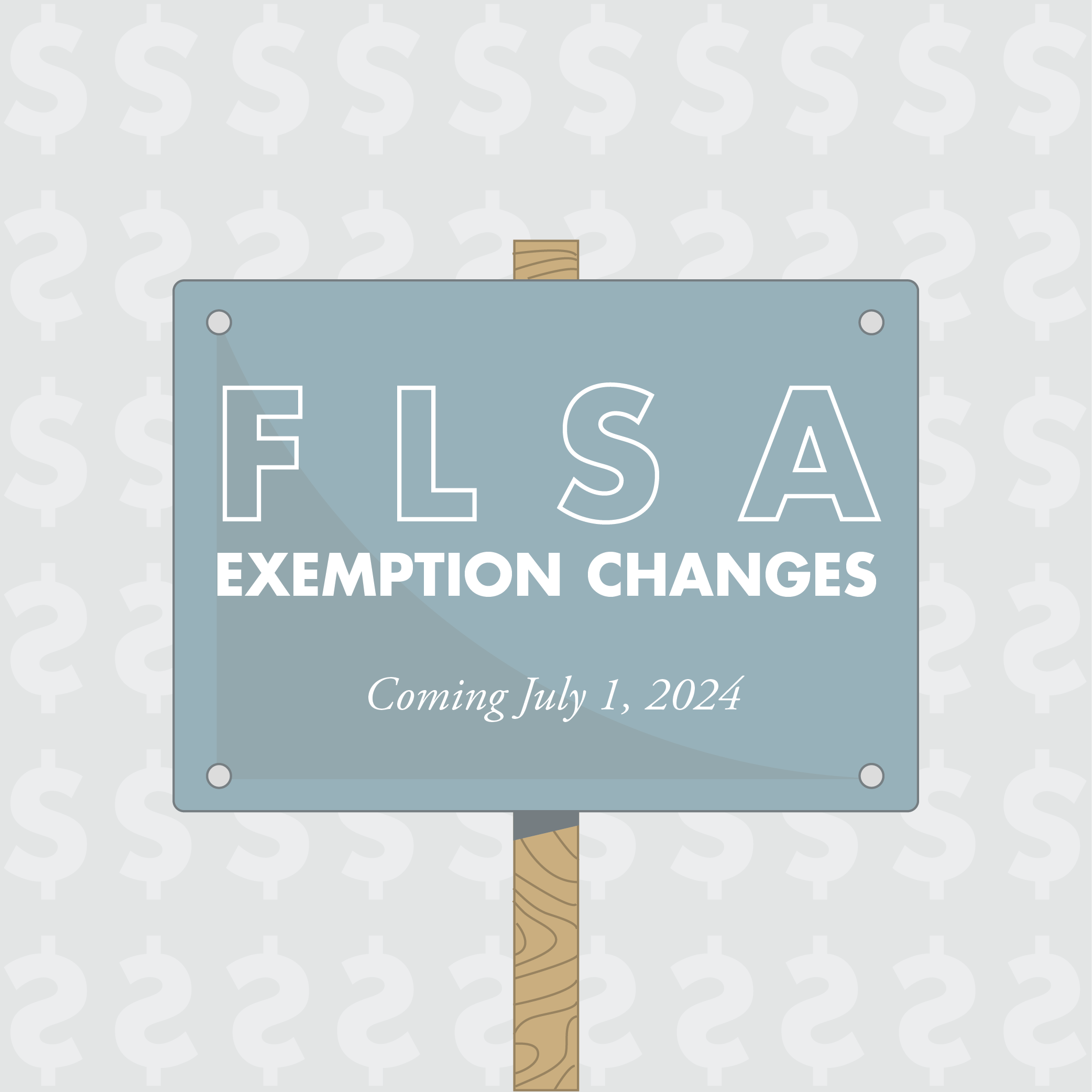We previously prepared a blog post to notify businesses of the new Federal Trade Commission rule banning noncompete clauses effective September 4, 2024 (“Effective Date”). While we are still watching legal challenges to the rule, if it goes into effect on the Effective Date, employers must have taken action to notify workers of unenforceable non-compete clauses before the Effective Date.
Gutwein Law is ready to help you prepare for the new rule. We have created a checklist to assist your business with analyzing existing policies and agreements and determining notice recipients. We recommend businesses consult with us to begin these preparations, draft the required notices, and coordinate the timing for sending the notices given the pending legal challenges. Please reach out to us to discuss these important preparations.
...Read More




